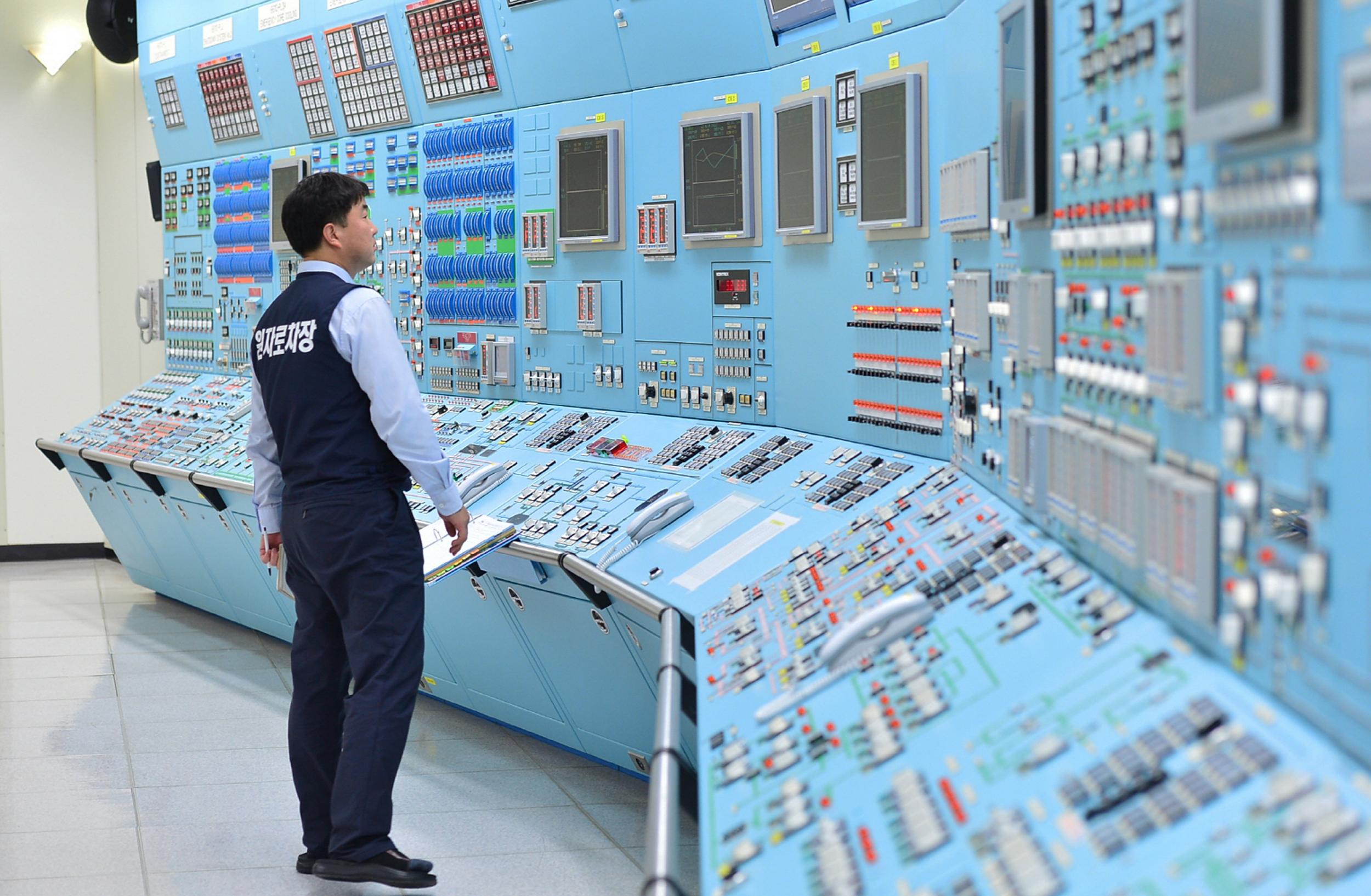Chinese and Russian hackers 'targeting South Korea ahead of US-North Korea summit'
'We expect this targeting to continue at an increased pace'

Your support helps us to tell the story
From reproductive rights to climate change to Big Tech, The Independent is on the ground when the story is developing. Whether it's investigating the financials of Elon Musk's pro-Trump PAC or producing our latest documentary, 'The A Word', which shines a light on the American women fighting for reproductive rights, we know how important it is to parse out the facts from the messaging.
At such a critical moment in US history, we need reporters on the ground. Your donation allows us to keep sending journalists to speak to both sides of the story.
The Independent is trusted by Americans across the entire political spectrum. And unlike many other quality news outlets, we choose not to lock Americans out of our reporting and analysis with paywalls. We believe quality journalism should be available to everyone, paid for by those who can afford it.
Your support makes all the difference.Hackers from China and Russia are targeting South Korea with cyber espionage attacks ahead of the summit between the US and North Korea, a leading security firm has claimed.
The foreign ministry and financial institutions were identified as potential targets by, US cyber security firm FireEye.
The company's analysts noted the timing of the attacks and said they expected the intensity of the operations to increase in the build up to the historic meeting between US President Donald Trump and North Korean Chairman Kim Jong-un.
"South Korea has frequently been the target of cyber espionage. Though the biggest threat is North Korea actors. [FireEye] believes that China- and Russia- [based hackers] also target South Korea," Ben Read, a cyber espionage analyst at the firm, told The Independent.
"With the heightened attention to inter-Korean relations in the lead up to a potential Trump–Kim meeting, we expect this targeting to continue at an increased pace."
Scheduled to take place on 12 June in Singapore the leader are expected to discuss the denuclearisation of North Korea.
It will be the first meeting between a sitting US president and leader of North Korea.
Some experts have suggested that a formal end to the Korean War – more than six decades after the 1950-1953 conflict - could be declared.
Although an armistice was signed, no peace treaty has ever been signed to formally end the war.
The two hacking groups identified by the FireEye researchers were TempTick and Turla, both of which are suspected of being state-sponsored operations.
TempTick has previously been involved in attacks on Chinese dissident organisations, as well as Japanese public and private sector institutions. It has been active since 2009.
The earliest known attacks linked to the group known as Turla are from 2006.
FireEye researchers noted: "They consistently target governments worldwide in search of information that can inform Russian government decision making."
Join our commenting forum
Join thought-provoking conversations, follow other Independent readers and see their replies
Comments